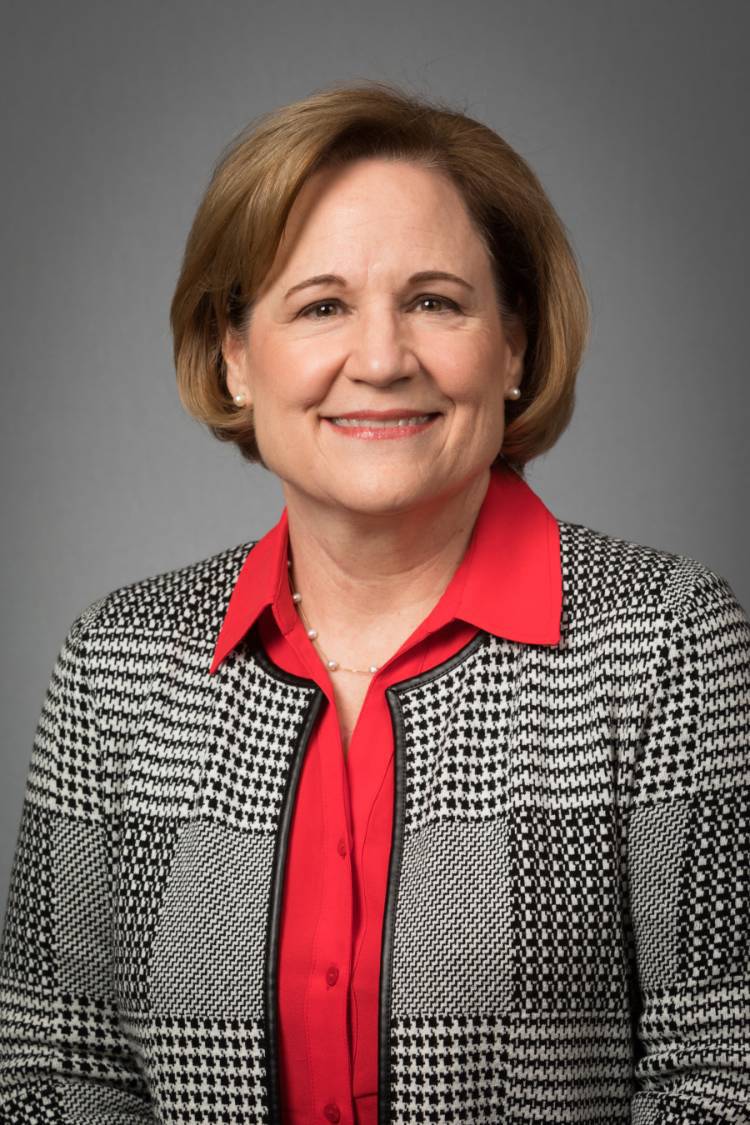
Assistant professor Cynthia Miller is working to provide work-based experiences to secondary education students
Cynthia Miller, Ph.D., is an assistant professor in Family and Consumer Sciences Education (FCSE). She is currently conducting research to determine and measure the quality of work-based learning opportunities including job shadowing, informational interviews, internships, apprenticeships, etc. provided in public secondary family and consumer sciences programs in Texas.
“The purpose of providing work-based learning experiences is to help students see the relevance of learning specific types of knowledge and skills, as well as expectations of the workplace, in making more informed career decisions while in high school,” Miller said.
Miller measures the quality of these work-based learning experiences with family and consumer sciences (FCS) teachers, students, and industry partners as participants, that can be improved upon in the coming years. The inspiration for Miller’s research was seeing the increased number of high school graduates who were unsure of what they wanted to do in the future.
“The secondary FCS program had the lowest number of students participating in work-based learning experiences across the state according to the Texas Education Agency,” Miller said. “Secondary FCS teachers were also not aware they could offer work-based learning experiences in any of their secondary (6th-12th grades) courses to better help students confirm their program of study, as well as many of them, had no training in how to develop and offer these experiences.”
Work-based learning helps Family and Consumer Sciences Education secondary students decide their fit for a career and help them develop valuable skills. Developing a strong partnership with the family and consumer sciences industry and community professionals to help ensure their students are prepared with the latest skills and knowledge for today’s workplace.
“My favorite part of this research process has been the numerous work-based learning trainings we have provided to secondary FCSE teachers across the state that now feel empowered and confident to offer a myriad of work-based learning experiences for their students,” Miller said. “We will also enjoy the focus group interview process later next spring to see how well these work-based learning experiences worked with FCSE teachers, students, and industry partners, as well as to see if they were any obstacles and challenges that need to be addressed with their respective campus administration.”
Miller’s research will impact the immediate community of Lubbock and communities across the state of Texas. Having students prepared for entry-level knowledge and skills will further help students to make an informed career decision after high school graduation and onto their next postsecondary education.
“We had the opportunity to present our findings on the work-based learning trainings we provided secondary FCSE teachers at the National Work-Based Learning Conference in April sponsored by the Association for Career and Technical Education,” Miller said. “They preceded to tell us that this research needed to be conducted at the national level with all career and technical education programs, not in just family and consumer sciences education.”
